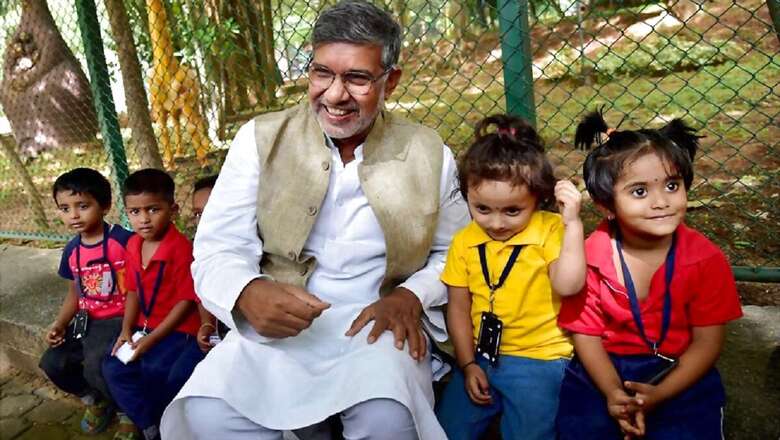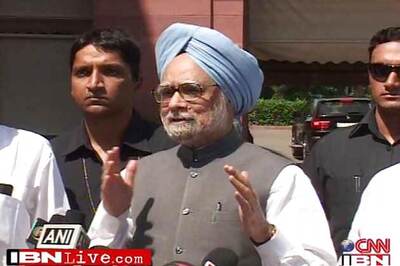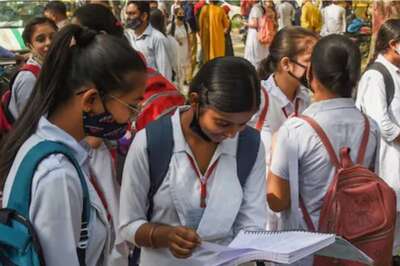
views
Nobel Peace laureate Kailash Satyarthi on Tuesday hailed as a "day of awakening" the universal ratification of an International Labour Organisation convention that provides legal protection to children against worst forms of labour.
Satyarthi, however, urged the global community to come together in 2021, the UN Year for Elimination of Child Labour to prioritise children in policies, resources and urgency of collective action, cautioning that the ongoing COVID-19 pandemic and economic crisis will lead to a substantial increase in child labour around the world.
With the Kingdom of Tonga ratifying the "Convention 182" on Tuesday, all 187 members of the ILO have now agreed to combat the worst forms of child labour.
Satyarthi said he congratulates all the 187 members who have made the convention the fastest and only universally ratified ILO convention in history.
"I also congratulate the ILO on this historic day," he said.
The ILO adopted the convention in 1999, a year after Satyarthi's 80,000-km “Global March against Child Labour” in which activists from 103 countries participated.
"In the past 22 years we have witnessed many victories, big and small. We have successfully reduced the number of child labourers in the world from 250 million to 152 million. However, in the 22 years that it has taken to universally ratify this convention, we have also lost an entire generation to slavery. Today is also a day of awakening. We cannot afford to lose another generation. It is now time for universal accountability to end child labour," Satyarthi said in a statement.
"Let there be no doubt, the ongoing pandemic and economic crisis will lead to a substantial increase in child labour around the world. The challenge is enormous, but it is not insurmountable,” he added.
Satyarthi called on "the millions who joined this fight" over 20 years ago to see this to the end. "Standing together, I know we will see the end of child labour in my lifetime,” he said.
The ILO estimates that there are 152 million child labourers, 73 million of whom are in hazardous work. Seventy per cent of all child labour takes place in agriculture and is mostly related to poverty and parents'' difficulties in finding decent work.
While no latest official statistics were available on child labour in India, a central government statement in February 2020 said over 2.25 lakh children have been "rescued from child labour, rehabilitated and mainstreamed to formal education system" since 2015 in the country.



















Comments
0 comment